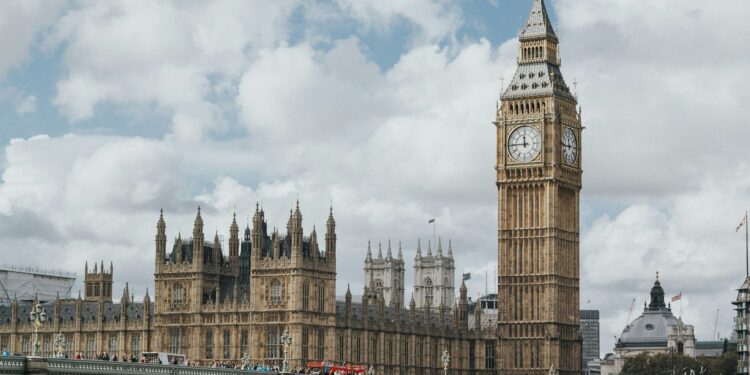In a climate of pervasive economic doubt—marked by persistent inflation, sluggish consumer spending, and wavering investor confidence—the United Kingdom’s financial markets have found an unlikely anchor: healthcare. Even as broader indices hover amid global volatility, recent gains in pharmaceutical and life sciences companies are helping buoy the FTSE 100 and support Britain’s investment narrative in an otherwise uneasy quarter.
The most notable contributors to this defensive momentum are GlaxoSmithKline (GSK) and Hikma Pharmaceuticals, two major players in the UK’s health sector. GSK’s recent financial results showed a better-than-expected rise in first-quarter profits, thanks in part to strong demand for its vaccine portfolio and a rebound in oncology trials. Meanwhile, Hikma Pharmaceuticals—a Jordanian-British generics and injectables manufacturer—exceeded revenue forecasts and announced a strategic expansion into biologics, a move met with enthusiastic investor response.
The result has been a modest but meaningful rally across the FTSE indices, in contrast with more erratic behavior in tech and consumer discretionary stocks. This underscores a broader point: in an era of growing macroeconomic uncertainty, healthcare is increasingly viewed not just as a public good but as a financial safe haven.
According to data from the London Stock Exchange, healthcare stocks were among the top five performing sectors in Q1 2025, despite lackluster GDP projections from the Bank of England and global trade pressures from ongoing supply chain reconfigurations. The S&P Global UK Sector PMI even showed slight growth in healthcare output, contrasting sharply with contraction in retail and construction.
“Healthcare equities are fundamentally defensive,” explains Priya Nayar, an equity strategist at Barclays UK. “They provide a buffer in uncertain times, especially when underpinned by aging populations, rising global demand for therapeutics, and a steady R&D pipeline. GSK and Hikma aren’t just delivering medicines—they’re delivering earnings predictability.”
That predictability is increasingly valuable. The global economy remains fraught with headwinds, from war-driven commodity price spikes to uncertainty surrounding the Bank of England’s interest rate trajectory. In this environment, the consistency of the healthcare sector offers a reassuring counterbalance.
But the rally is not simply a function of investor psychology. It reflects real structural developments within the sector. GSK has pivoted away from consumer healthcare to refocus on vaccines and specialty medicines, a strategy that is beginning to yield returns. Analysts cite the company’s successful shingles vaccine and pipeline of respiratory treatments as examples of high-margin assets that boost long-term profitability.
Hikma, for its part, has capitalized on the global shortage of injectable generics—especially antibiotics and oncology medications—filling a critical market gap while simultaneously investing in biosimilar production. Its recent partnership with a U.S.-based biotech firm to produce monoclonal antibodies could position the company for even greater relevance in the coming years.
This sectoral buoyancy, however, should not be mistaken for immunity. Regulatory changes post-Brexit continue to affect drug approval timelines, and pricing pressures from NHS procurement reforms pose ongoing risks to revenue stability. Furthermore, geopolitical tensions in the Middle East—where Hikma maintains substantial manufacturing operations—represent a non-negligible source of operational risk.
Still, the healthcare sector’s relative insulation from consumer demand shocks and its intrinsic connection to long-term demographic trends make it one of the UK market’s most dependable engines.
“There’s something fundamentally reassuring about health as an investment thesis,” says Michael Harrow, senior analyst at Hargreaves Lansdown. “People get sick in recessions. Vaccines are needed regardless of inflation. When you couple that with scientific innovation, it becomes clear why healthcare continues to outperform.”
The question now is whether this sectoral strength can help stabilize broader market sentiment—or whether it remains an outlier in an otherwise cautious investment climate. With general elections looming and fiscal tightening underway, healthcare’s resilience may become less a market footnote and more a case study in sector-led recovery.
In a world bracing for instability, the quiet competence of companies like GSK and Hikma may be less about making headlines—and more about holding the market steady.















